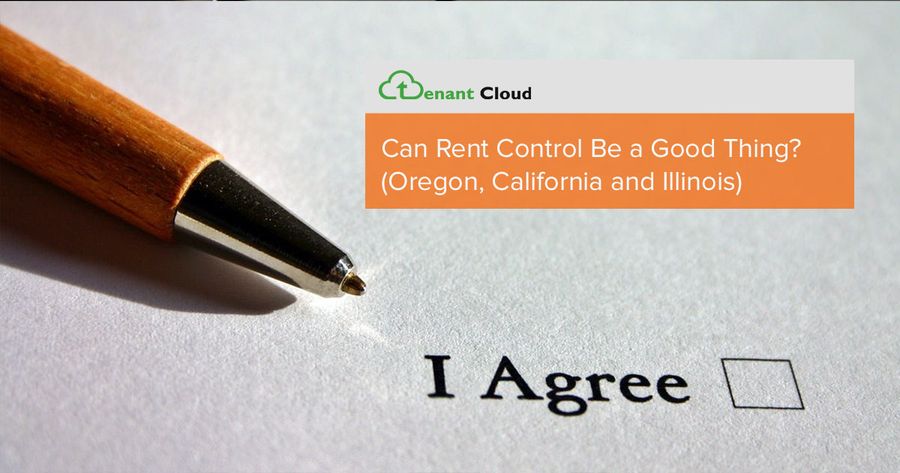Oregon became the first state with statewide rent control. Oregon has been debating Senate Bill 608, which is designed to overcome the housing crisis and provide affordable rentals to lower-income populations. In Portland, the average rent has risen by 30% since 2011, which is one of the highest rent increases in the country.
The law, which was approved by the general legislature and sent to the governor, would bring into law the following:
- Cap rent increases at 7% above the cost of living, or at the CPI.
- Limit the ability for landlords to use "no-cause" evictions for tenants that have lived in a rental for longer than 12 months.
- If a tenant is evicted, it would require that the landlord pay relocation fees.
This is the most aggressive rent legislation being addressed by a state, but Oregon is not alone. California, too, considered rent control measures, but it was voted down in a general election last year. However, a number of legislatures are still working to foment interest. For instance, Los Angeles and San Francisco do have rent control policies, while numerous cities in the state have no limits for rent increases. With the highest poverty rate in the country and some of the highest rent, it seems to be a battleground state for such policies.
Illinois, on the other hand, is looking at rent control with flexibility as it looks to create six rent control regions throughout the state, with each region having its own elected bodies to make decision with regard to each region. The first hurdle the state needs to address is the current ban on rent control throughout the whole state. Some highlights of the Illinois bill:
- Establish six regions along state education boundaries.
- Each region is allowed a seven-member elected board.
- Landlords are charged a per-unit "Rent control registration fee" to pay for board operations.
It's not surprising that cities, too, are looking at rent control measures. Washington, D.C. and New York both considered rent control, and in March, New York extended rent regulation laws through 2021.
Washington state attempted to remove its ban on rent control, but was unable to garner enough support.
One of the main reasons behind the change in sentiment toward rent control is that the price of rent is outpacing incomes. A 2016 Harvard Study states that rent is now 30% or more of income for nearly half of the U.S. renting population.
Rent control advocates and opponents argue both sides:
- For: Rent control allows rent to stay consistent with income and not outpace working families' income.
- Against: Rent control will only restrict supply more as it pushes landlords to sell instead of rent, therefore making the poorest and most vulnerable worse off than had there not been rent control to begin with.
Regardless of the ambiguous attitude towards rent control, it seems to be moving into reality for a few states and cities. Understanding the ins and outs for your area and whether or not to support or dismiss such regulations will require more involvement from local groups.
How To Start An Online Rental Business: 5 Steps You Need To Do
Create An Online Lease Agreement: Top 5 Benefits Of A Digital Document








